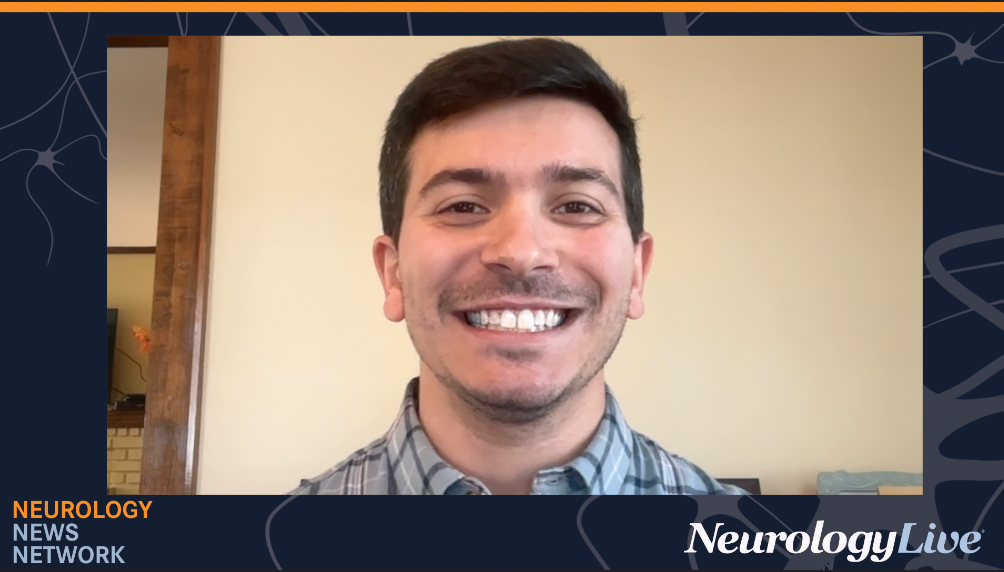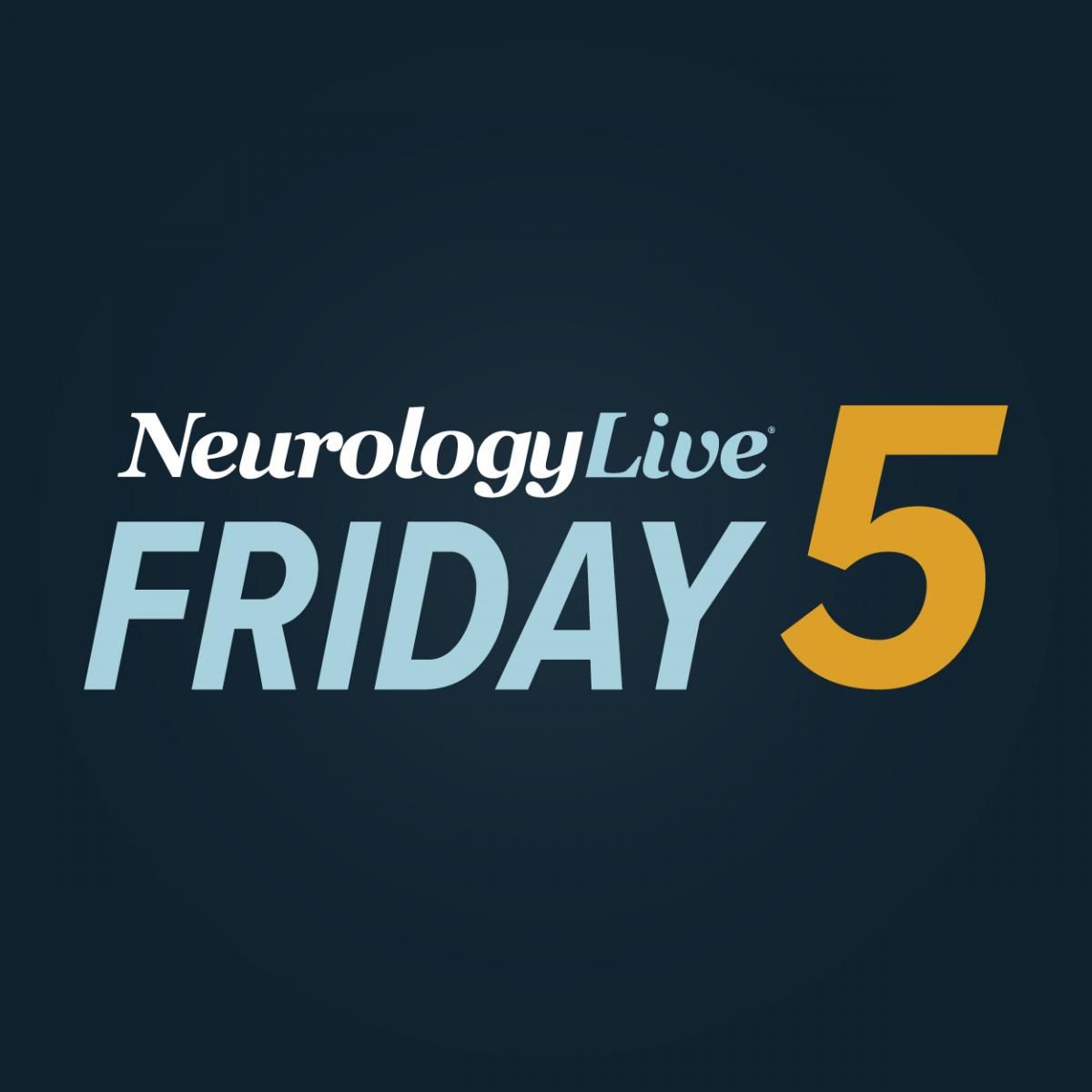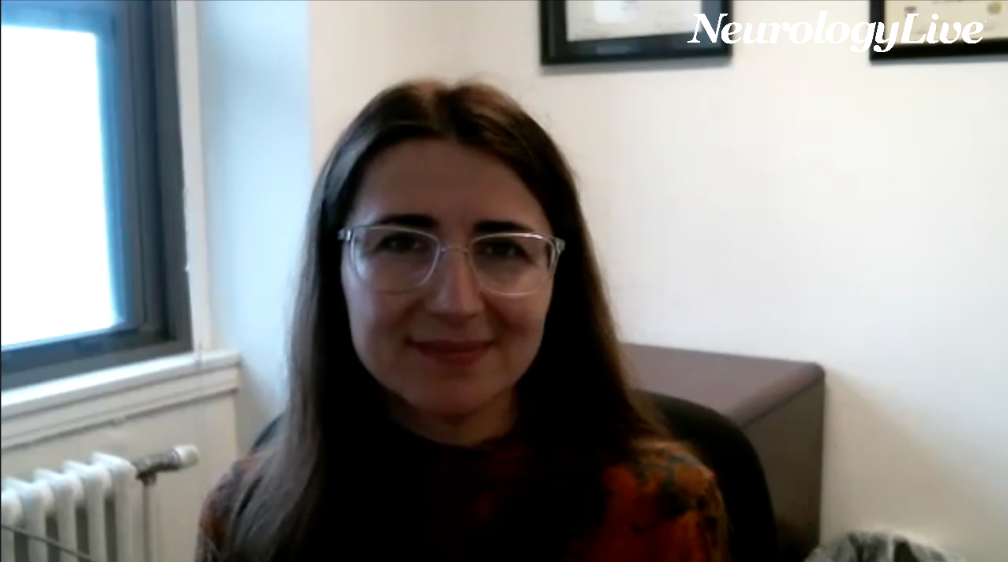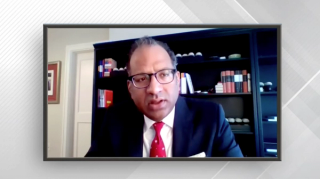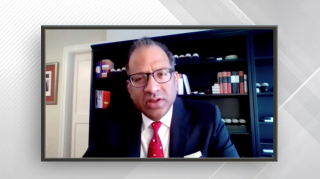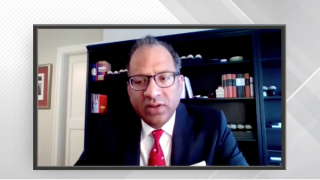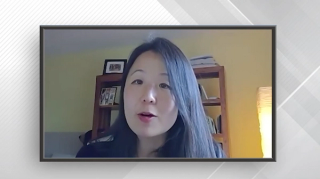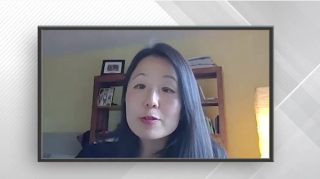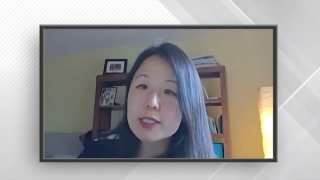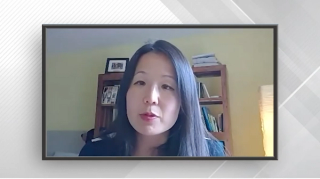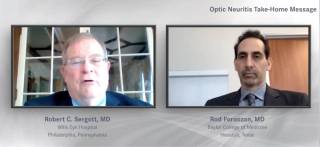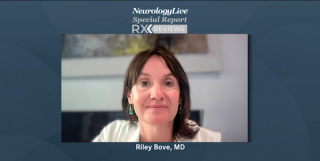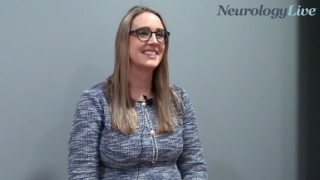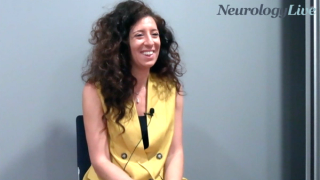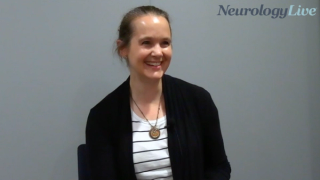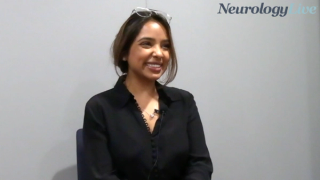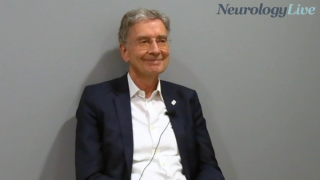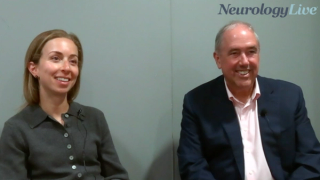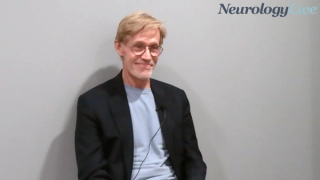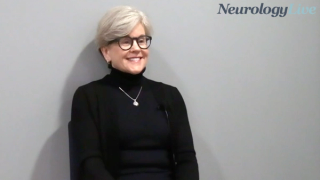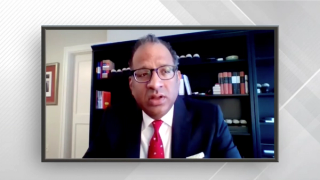
MS and Demyelinating Disorders
Latest News
Video Series

Latest Videos
Podcasts
CME Content
More News
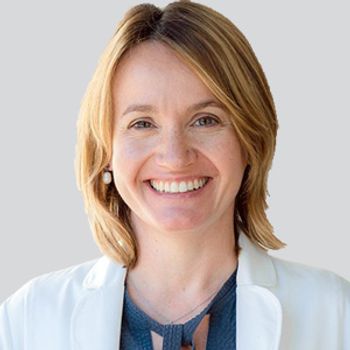
Riley Bove, MD, an associate professor of neurology at the University of California, San Francisco, discussed phase 4 findings from the MINORE and SOPRANINO studies that examined ocrelizumab exposure during pregnancy and lactation in women with MS.

Experts shared their clinical perspectives on trending topics in the treatment and management of multiple sclerosis at the 54th Child Neurology Society (CNS) Annual Meeting, held October 8-11, 2025.

Here's some of what is coming soon to NeurologyLive® this week.

Leigh Charvet, PhD, professor of neurology at NYU Grossman School of Medicine, provided clinical insights to her team’s pilot study using at-home brain stimulation to reduce cannabis use in women with multiple sclerosis.

Here's some of what is coming soon to NeurologyLive® this week.

Take 5 minutes to catch up on NeurologyLive®'s highlights from the week ending October 17, 2025.
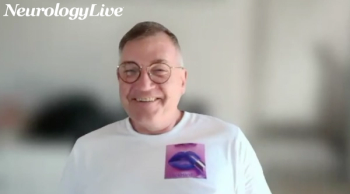
The professor of neurology at Barts and The London School of Medicine and Dentistry provided commentary on the ways to improve inclusion for multiple sclerosis clinical trials, factoring in patients with more advanced stages of disease. [WATCH TIME: 4 minutes]
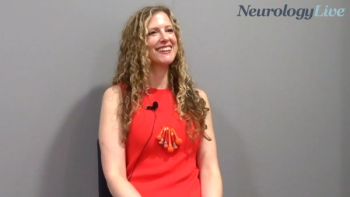
The assistant professor of neurology at Oregon Health & Science University discussed emerging evidence that aerobic exercise may enhance remyelination in patients with multiple sclerosis. [WATCH TIME: 5 minutes]
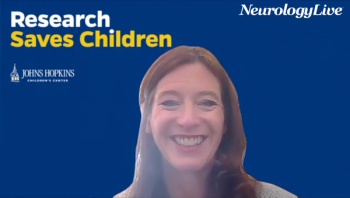
The pediatrician in chief at Johns Hopkins Children’s Center outlined the logistical, ethical, and regulatory hurdles of conducting pediatric MS trials, emphasizing the need for faster, more inclusive study designs to bring emerging therapies to clinic. [WATCH TIME: 5 minutes]

The professor of neurology at Barts and London School of Medicine and Dentistry discussed data from the phase 3b ORATORIO-HAND trial, which tested ocrelizumab’s effect in patients with more advanced primary progressive multiple sclerosis. [WATCH TIME: 5 minutes]

The pediatrician in chief at Johns Hopkins Children’s Center provided clinical insights on new findings demonstrating ocrelizumab’s potential in treating pediatric multiple sclerosis. [WATCH TIME: 4 minutes]

Gavin Giovannoni, MBBCh, PhD, FCP, FRCP, FRCPath, lead investigator of the phase 3 ORATORIO-HAND trial, provided comment on the results presented at ECTRIMS 2025, highlighting ocrelizumab’s therapeutic benefit in more advanced forms of multiple sclerosis.
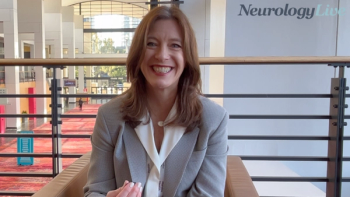
The pediatrician-in-chief at Johns Hopkins Children’s Center shared her reaction to receiving this year’s Bernard Sachs Award in recognition of her contributions to child neurology. [WATCH TIME: 5 minutes]

Here's some of what is coming soon to NeurologyLive® this week.

Robert Shin, MD, FAAN, professor of neurology and ophthalmology at the University of Virginia and director of the UVA MS and Clinical Neuroimmunology Center, recently shared his expertise on how multiple sclerosis (MS) affects men on the National MS Society’s Ask an MS Expert program.

Experts shared their clinical perspectives on trending topics in the treatment and management of multiple sclerosis at the 41st Congress of the European Committee for Treatment and Research in Multiple Sclerosis.

Take 5 minutes to catch up on NeurologyLive®'s highlights from the week ending October 10, 2025.

Catch up on any of the neurology news headlines you may have missed in September 2025, compiled into 1 place by the NeurologyLive® team.

Here's some of what is coming soon to NeurologyLive® this week.
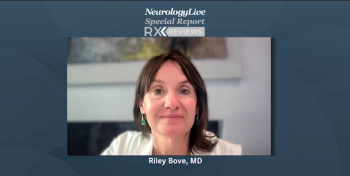
In this final episode, Riley Bove, MD, considers the next phase of MS research, emphasizing the need for innovative trial designs to address sequencing, discontinuation, and subgroup-specific treatment strategies.

In this clip, a multiple sclerosis expert reflects on how ofatumumab’s role has expanded since FDA approval in 2020, from first-line use to special populations, and what this means for daily practice.
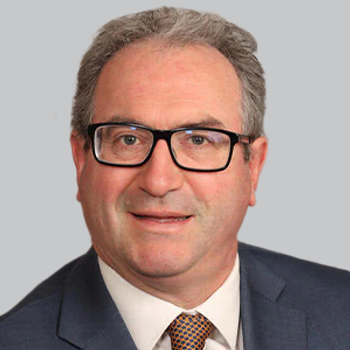
Final results from a phase 3 extension study presented at ECTRIMS 2025 demonstrated long-term efficacy and safety of ravulizumab-cwvz in patients with neuromyelitis optica spectrum disorder.

Take 5 minutes to catch up on NeurologyLive®'s highlights from the week ending October 3, 2025.

Mind Moments®, a podcast from NeurologyLive®, brings you an exclusive interview with Daniel Ontaneda, MD, PhD. [LISTEN TIME: 19 minutes]

In a phase 3 trial presented at ECTRIMS 2025, ocrelizumab demonstrated noninferior relapse control compared with fingolimod in pediatric patients with relapsing-remitting multiple sclerosis.


